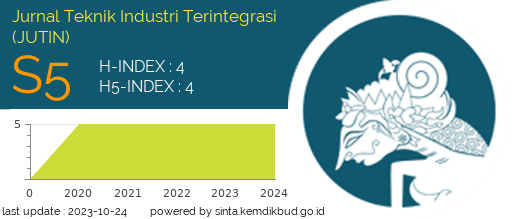Public Policy in Managing Palm Oil Industry Environmental Waste: A Qualitative Study in Kampar Regency, Indonesia
DOI:
https://doi.org/10.31004/jutin.v7i2.29872Keywords:
Oil Palm, Enviromental Waste, Public Policy, IndonesiaAbstract
Kampar Regency currently has the largest number of palm oil mills in Riau Province, which has led to an increase in environmental pollution due to the by-products of these industrial activities. The objective of this research is to identify the issues associated with waste management in palm oil mills. The research employs a descriptive-qualitative method to systematically, factually, and accurately represent the data contained in the news text. The results indicated that rubber and oil palm plantations (1.8 and 1.5 hectares) were inundated with waste. It is recommended that palm oil mills implement waste treatment in accordance with quality standards before disposal. Furthermore, the application of the law as the basis for sanctions from this waste must be accompanied by an appeal to the public to monitor the level of environmental pollution. In addition, the role of public policy actors in monitoring and determining legal sanctions for environmental pollution is of great importance.Downloads
Published
2024-04-29
How to Cite
Veronika, N., Frinaldi, A. ., Rembrandt, R., Lanin, D. ., & Umar, G. (2024). Public Policy in Managing Palm Oil Industry Environmental Waste: A Qualitative Study in Kampar Regency, Indonesia. Jurnal Teknik Industri Terintegrasi (JUTIN), 7(2), 1093–1100. https://doi.org/10.31004/jutin.v7i2.29872
Issue
Section
Articles of Research
License
Copyright (c) 2024 Nina Veronika, Aldri Frinaldi, Rembrandt, Dasman Lanin, Genius Umar

This work is licensed under a Creative Commons Attribution-ShareAlike 4.0 International License.



